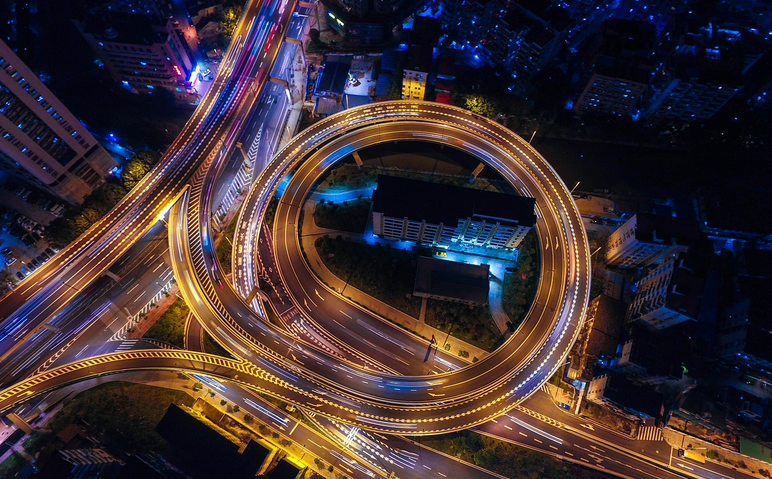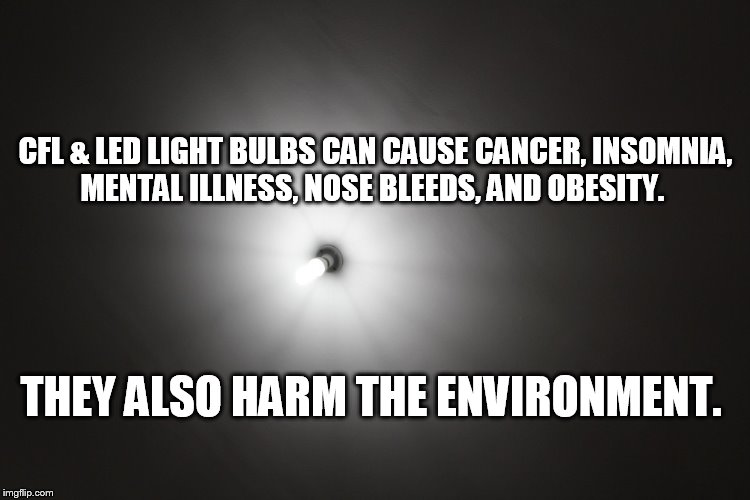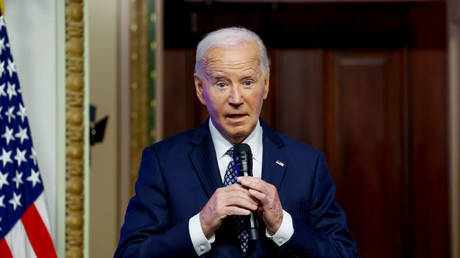29 U.S. Communities Committed to Reducing Light Pollution, Receive Dark Sky Certification; Will More Follow?
 By B.N. Frank
By B.N. Frank
Some experts insist that LED light bulbs aren’t necessarily more energy efficient that incandescent bulbs. Additionally, LED light bulbs emit blue light which is biologically and environmentally harmful (see 1, 2, 3, 4, 5, 6, 7, 8, 9, 10, 11, 12, 13, 14, 15, 16, 17). They are also a source of “dirty electricity”. Nevertheless, in August, safer and more affordable incandescent light bulbs were banned in the U.S. Kudos to the American communities that are still committed to reducing light pollution from artificial light sources anyway.
From Smart Cities Dive:
3 communities turning to the dark side with dark-sky retrofits
Reducing light pollution has tourism, sustainability, safety and health benefits, proponents say.
By Kalena Thomhave
You don’t have to be an astronomer to appreciate the beauty of a starry night.
In recent years, cities across the country have committed to preserving the view of the night sky by reducing light pollution. For some, that commitment included pursuing certification as a Dark Sky Community.
Earning the certification from DarkSky International can take years. Cities dedicated to the process, however, say it comes with a slew of benefits: They see not only the stars but also reduced energy consumption, lower electricity bills, healthier residents, improved environmental protection, increased ecotourism and even safer streets.
Communities seeking certification “already have some level of light pollution by nature of being … a city or town,” said Amber Harrison, Dark Sky Places program associate at DarkSky International. One of the certification program’s primary goals is to inspire policy change that results in improved lighting, i.e. less light pollution, in the built environment.
So far, 29 U.S. communities have completed the certification process. They’ve all passed dark-sky-friendly lighting ordinances; some retrofitted existing lights or ramped up community outreach campaigns to encourage residents and businesses to change their lights. The number of such communities is likely to grow as other cities work to become certified too.
Protecting the Texas Hill Country
Bee Cave is a small city not far from Austin, Texas. It received its Dark Sky Community designation in June, becoming one of several municipalities in the Texas Hill Country region to do so.
Activist Post is Google-Free — We Need Your Support
Contribute Just $1 Per Month at Patreon or SubscribeStar
Bee Cave, like other Hill Country communities, “is surrounded by thousands of acres of preserve land [and] conservation land,” said Amanda Padilla, the city’s senior planner. Many people move to Bee Cave from larger cities “for that country feel,” Padilla said, which includes being able to see the night sky. “We thought we could do our part by becoming a [Dark Sky Community], not only for our residents but also to ensure that the habitats around us are … protected,” she said.
Padilla explained that many wild species “rely on the dark sky, either for migration or for hunting or for safety.” Light pollution can confuse animals and interfere with their natural instincts, she said.
Humans aren’t so different — our health can be affected by light pollution, too.
Activist Post reports regularly about artificial light, light pollution, and unsafe technologies. For more information, visit our archives and the following websites:
Image: Pixabay
Become a Patron!
Or support us at SubscribeStar
Donate cryptocurrency HERE
Subscribe to Activist Post for truth, peace, and freedom news. Follow us on SoMee, Telegram, HIVE, Minds, MeWe, Twitter – X, Gab, and What Really Happened.
Provide, Protect and Profit from what’s coming! Get a free issue of Counter Markets today.




